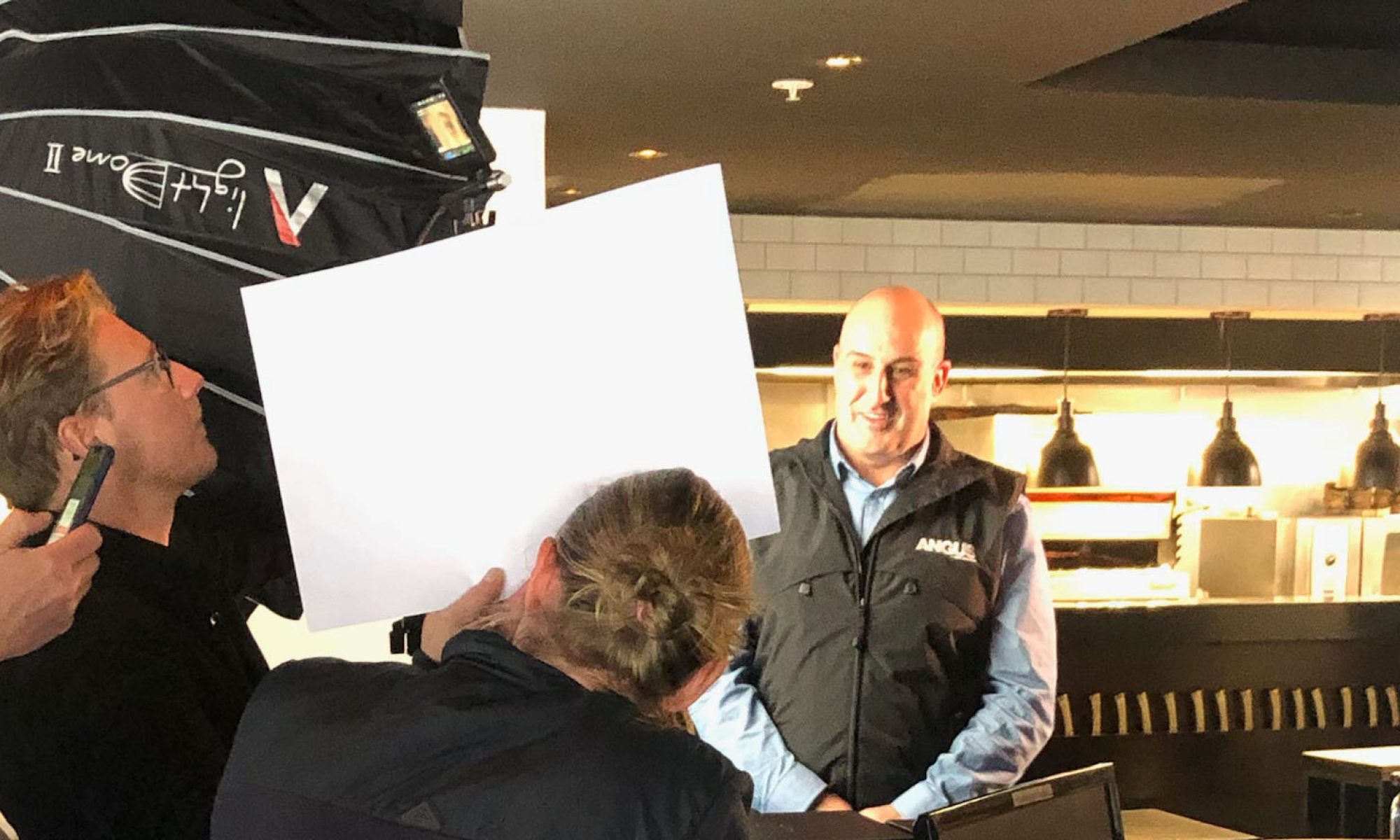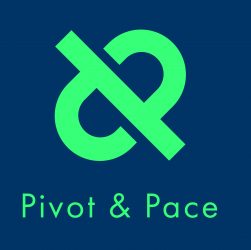I have been working on the Strategic plan for the Results Group. One of our core Values is “Live what we teach” so it is important to  have a framework in place of quarterly & annual reviews. Any business needs to understand what their clients need and face. I recently wrote about the framework for “Making High Performance Leaders Better” (link here) and something I have spent a lot of time facilitating this year which is “Owning the Voice of the Customer” (Link here). Any company who regularly invests in owning the Voice of their customer not only develops products & services that are of high value but they maintain a Strategic advantage over competitors. This means speaking directly with them often and really hearing what it is you do well, what can improve. It takes an approach of seeking excellence by incrementally getting better & better at core business.
have a framework in place of quarterly & annual reviews. Any business needs to understand what their clients need and face. I recently wrote about the framework for “Making High Performance Leaders Better” (link here) and something I have spent a lot of time facilitating this year which is “Owning the Voice of the Customer” (Link here). Any company who regularly invests in owning the Voice of their customer not only develops products & services that are of high value but they maintain a Strategic advantage over competitors. This means speaking directly with them often and really hearing what it is you do well, what can improve. It takes an approach of seeking excellence by incrementally getting better & better at core business.
The Results Group helps CEO’s (Business Leaders) to “Lead Change with Certainty”. As part of my research I undertook to ask as many CEO’s to help me as I could. I went out to as many networks as I could. I asked questions on Linkedin, on my blogsite, in person, via e-mail and through both my team and other professionals who work with CEO’s. The result was feedback from just over 200 CEO’s. Many in Canterbury, most from within New Zealand and a decent number from Australia, the USA, Canada and beyond. Many are clients but not all. They are leaders I work with in primarily the world of private business but also there is feedback from the Public sector and larger Corporates. They all lead organisations and people and are CEO/Business Owners. Here are the results which took considerable effort to pull together into key themes. There were many answers as you can imagine so I spent time understanding the key themes/patterns that were common. I asked for the top 3 but feel there are 6 key areas that came through so I have included all 6;
The first question I asked was “As a leader what did you learn in 2013?”
– The importance of Leading by Example: In all you do be genuine, set standards you want others to follow. Be fallible and show that you make mistakes and learn from them, be tough with your staff but ensure they understand what you expect and then that they deliver it. The single most important thing to come through was the importance of being consistent as a leader & in how you deal with people & decisions.
– Empower your People to succeed : Invest heavily in developing, mentoring and training them. Ensure they have not only a clear role that defines what success looks like, but the autonomy to to do the job. Delegate to your staff. Keep them on track often and regularly. Celebrate the wins when they happen (big & small this was a key comment).
– Create a clear Vision & Values Structure: This is especially important for consistent decision making. It was also critical for the times when the way forward was not “obvious”. It gave a framework for making the important decisions. Speak about “Vision” all the time, make sure the team understand it and align with it and make sure the Values are alive in stories and awards.
– Communicate Clearly & Often: This came up in almost every reply. Be clear in your communications as a leader, set expectations, communicate them often, give good timely and direct feedback so people understand where they stand. Many said they had learnt the importance of communicating the same thing many times to ensure people “get it”. This applied in both large organisations and small ones.
– Have Good Mentors: Mentors internal and external to the business. Have good networks of professional people who want to see the business and those in it succeed. They keep you “real” and things on “track”. Most importantly it keeps you honest as a CEO. The need to ask for and take good advice was a central pattern of comments.
– Include Your Team: This related to including people in both building the plan and in how it will be executed. The need to trust people with information was a key learning as was the need to engage people in the plan. Seeking feedback on progress, opinions, ideas and on how things could improve was also a central theme.
The Second question I asked was “What are the Challenges you will face as a leader in 2014?”
– Building a Strong Culture: This was a very common theme. The need & desire to build a culture that attracts and retains top talent. In Christchurch this is definitely the number one challenge given that it is a tight labour market. Building a culture that is balanced between high performance and fun, a culture of achieving results. A culture that is a major point of difference over competitors were key challenges for 2014.
– Building Brand: This related to having a clear and strong brand in their particular markets & industry. One that stands for something and is well known. Getting clear on what their brand is and should stand for and being consistent in branding and marketing activities were key actions that needed to be addressed in 2014.
– Recruitment: Of key people. This tied into “Culture” but mainly related to the need and desire to have a good process in place. Challenges included the need to recruit top talent, the time and effort taken to actually run a good process that delivers a skilled recruit that fits the culture & who should be involved. Something mentioned by many CEO’s was the challenge of “understanding young people” and how how to lead them. Sound familiar?
– Leading Change: Change was on the radar for all those responding. The challenge of helping their team to change and to lead the change. A lot of technology change is on the agenda for 2014 i.e. implementation of new systems, software and technology. Changing the business structure also featured abundantly. The need to stay competitive, achieve high levels of staff productivity, introduce and develop new products & services. A key concern was how they were going to do this “when light on details” (plan) or where there was uncertainty on the process needed. Some talked about the “courage” needed by all leaders in the Company to implement change.
– Free up Time: A central theme was the need to delegate to staff more in order to free up time to lead and work on the business. Most were seriously time poor and needed to alter priorities in 2014.
– Learning not to Sweat the Small Stuff: There were many comments about learning to be comfortable leading when there can be no “perfection” and being comfortable with that. There was a recommitment to “bringing back the fun” and a desire to “not take it all so seriously”.
Overall this was a very interesting exercise. It not only engaged a lot of CEO’s to reflect on what they have learnt and on the year ahead but it was the first time I have done this on a large scale. I found leaders genuinely keen to help, to offer their thoughts, who wanted to engage in wider conversations and I learnt a lot. I saw themes & patterns common to all leaders (regardless of the size of the team or organisation they were leading) and themes & patterns relating to Canterbury (with the current post earthquake rebuild) and wider across industries.
The answers above largely tie in with what I have observed over a busy and challenging year closely supporting leaders in change. The desire to build strong cultures that attract and retain top talent being one I certainly have as the number one challenge on the radar for 2014.
What are your thoughts or comments? More importantly have you taken time to reflect on what you have learnt in 2013 as a leader and to define what it is you think you will face in 2014? How will you address the challenges? In my mind leading organisations and leading through others is and remains one of life’s biggest and most rewarding challenges you can face.



 In the busy world of business seniority tends to over rule in decisions that have no data. The more experienced and senior members of teams have more sway in decision making as they offer opinions and ideas and too often they are incorrect. They are assumptions based in history, bias or a lack of new thinking.
In the busy world of business seniority tends to over rule in decisions that have no data. The more experienced and senior members of teams have more sway in decision making as they offer opinions and ideas and too often they are incorrect. They are assumptions based in history, bias or a lack of new thinking.





